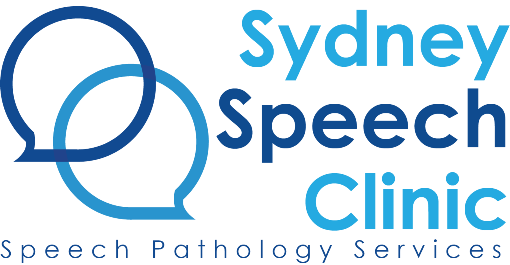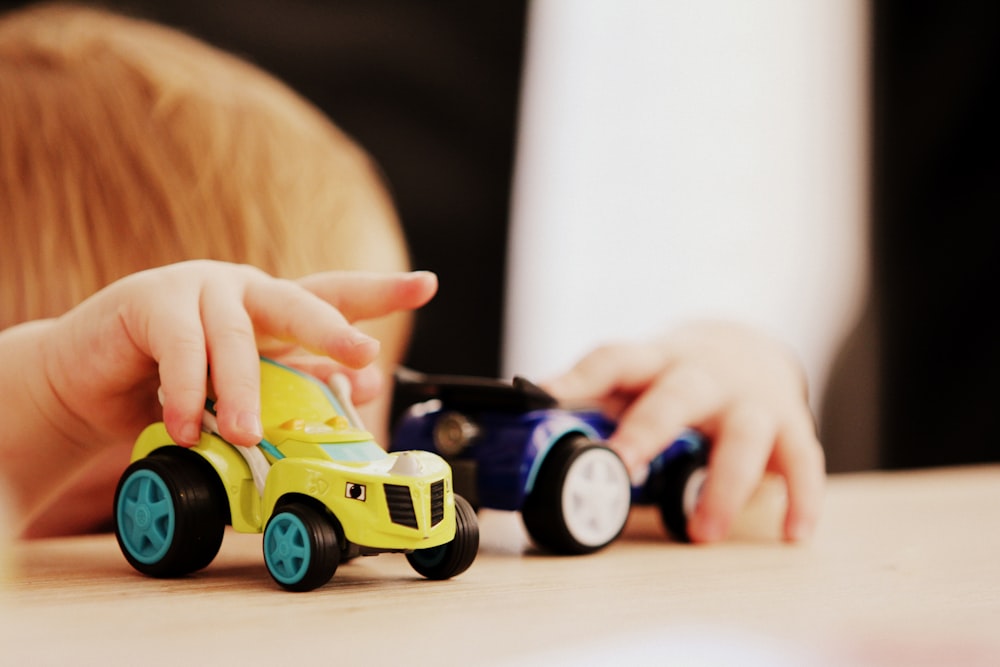Have you been trying to find some creative ways to engage your child in speech articulation homework? Below you can find some ideas you could use when completing speech therapy homework at home. These strategies will help motivate your child to complete his or her homework and increase generalisation outside of the clinic room. It’s time to get a little creative!
Here are some ideas that require no materials and no preparation:
In the Car
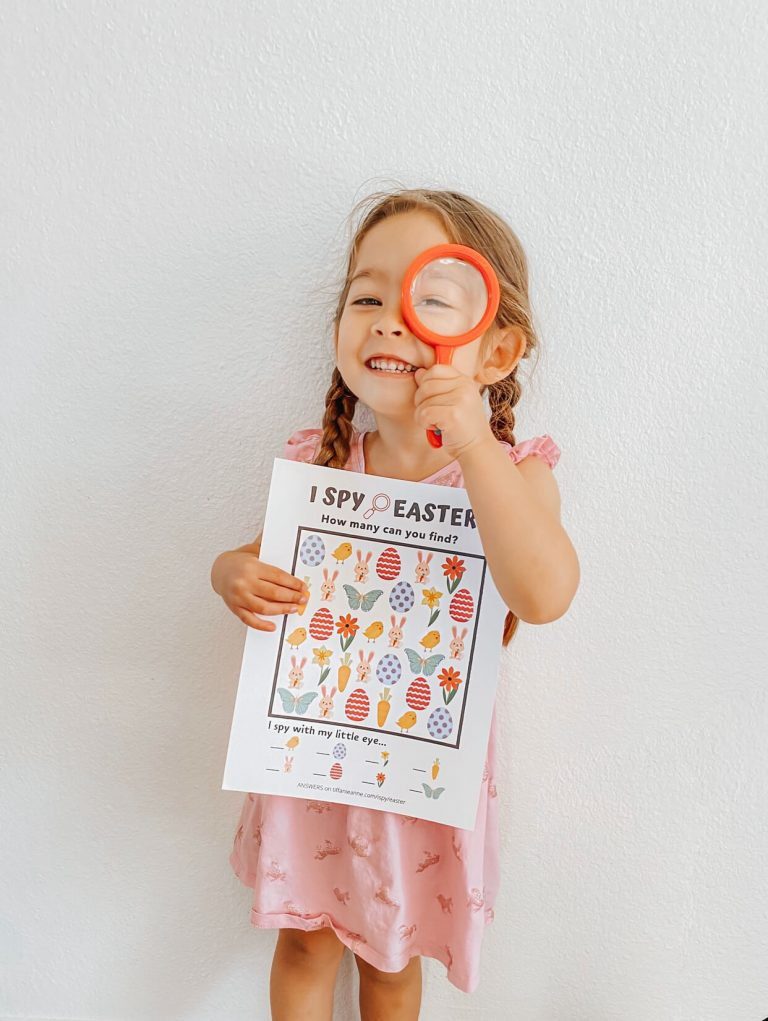 It is not a secret that most parents often find it difficult to incorporate speech therapy homework in between their child’s busy life. This is why practising in the car is a simple yet effective way to work on your child’s speech sounds. A simple game could involve asking your child to name as many words with the same beginning sound/middle sound/end sound taking turns to pick a word. For example you can start by saying “Let’s think of some words that start with the sound /k/, I’ll go first, ‘cat’”. Your child could respond with ‘cookie’ and so forth. You can take turns going back and forth until someone can no longer think of any more.
It is not a secret that most parents often find it difficult to incorporate speech therapy homework in between their child’s busy life. This is why practising in the car is a simple yet effective way to work on your child’s speech sounds. A simple game could involve asking your child to name as many words with the same beginning sound/middle sound/end sound taking turns to pick a word. For example you can start by saying “Let’s think of some words that start with the sound /k/, I’ll go first, ‘cat’”. Your child could respond with ‘cookie’ and so forth. You can take turns going back and forth until someone can no longer think of any more.
I Spy
This activity is similar to practising sounds in the car. You and your child can take turns to spot things around the house that start with the target sound. For example you can start by saying “Let’s find objects around the house that start with the sound /t/. I’ll go first ‘I spy a teapot’”. Your child could respond with “I spy a television” and so forth. Continue until you can find any more objects to name! This activity is particularly useful when working at phrase or sentence level.
At the Park
Similarly, you can also target your child’s sounds at the park. For example, if your child is working on the s clusters (ie. /sw/, /sl/, /st/ etc.), you could practice these sounds at the park. For example, you could practice words such as “slide, swing, stop, step” etc. This activity can also be useful when practising sounds at phrase level (e.g. “down the slide, push the swing” etc). This activity doesn’t necessarily mean you must go to the park. You can become creative and think of some words that are frequently used in various environments (e.g. at the beach, at the shops etc).
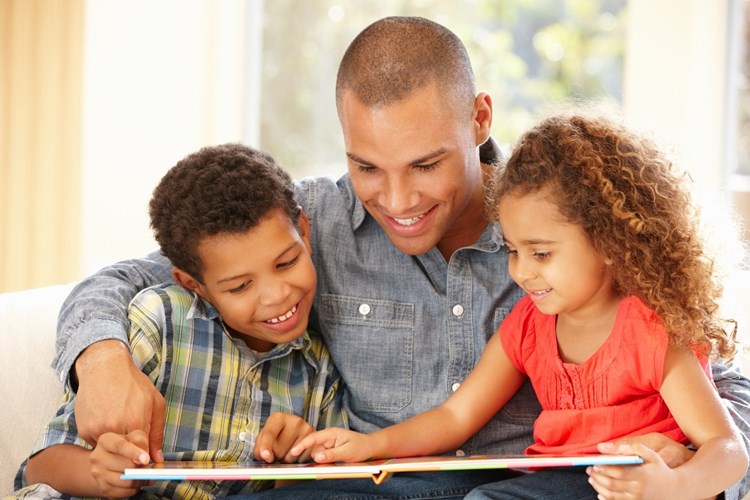
Paper Basketball
If you don’t have any of your child’s articulation cards on the go, no worries! Grab a piece of paper and a pen and write down/draw some pictures of your child’s target words. Ask your child to say the word on the piece of paper and then scrunch the paper into a ball. See who can throw the most pieces of paper into a bin or bucket!
Book Reading
Find some books that are interesting to your child or a book that you know your child enjoys reading. Help them find pictures or words that start with the target sounds they are working on. This is a good opportunity to model the correct sound and allow your child to listen to your production. You may also try getting them to say the words after you!
If your speech pathologist has given you a set of words to work on for the week, below are some ideas that use speech therapy articulation cards provided to you by your therapist:
Bunny Hops
Cut out all your articulation cards and place them face down and reasonably far apart on the ground. Ask your child to jump to the different cards around the room one at a time, turning over each card as they land on it. Help them practice saying the correct sound for each card, correcting them and providing feedback before they collect the card and jump to the next one. To make it even trickier, hop on one foot!
Memory Game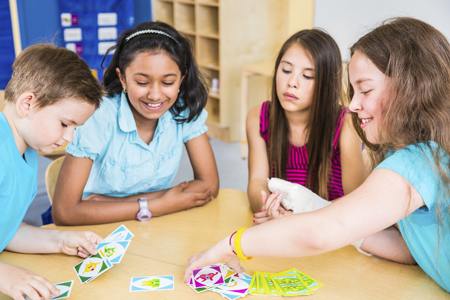
Photocopy or print 2 sets of your child’s articulation cards and place them all face down on the table. Take turns flipping over two cards, saying the words as they are turned over. If you get a matching pair, you can take another turn! This game also works well when practising your child’s words at phrase or sentence level (e.g. “I found a…, two…, I got the”. If working at sentence level, you can even ask your child to make a silly sentence using the two picture cards they have turned around (e.g. The bunny wants to eat a banana”).
Go Fish
Photocopy or print 2 sets of your child’s articulation cards and deal 4 cards to each player. Place the remaining cards in a pile on the table. Each player takes turns to ask the other player if they have a matching card. If they don’t, say “go fish!” and pick a card from the pile. If working at word level, ask your child to simply say the one word (e.g. shark). If you are working at phrase level, ask your child to use a carrier phrase throughout the game (e.g. “I want a shark”, “Do you have a shape?”, “I need a shoe” etc.).
Flashlight Scavenger Hunt
Photocopy or print 1 set of your child’s articulation cards and hide them around the room. Turn off the light and give your child a torch to look for all the hidden cards! As your child finds each card, ask them to say the word using their target sound and provide them with feedback before moving onto the next card. If you are working at phrase level you can ask your child to use carrier phrases (e.g. “I found a…”, “I saw a…” etc. )
Toys Cars
If your child loves cars, this is a great activity! Photocopy or print 1-2 sets of your child’s articulation cards and place them on the floor or on a car mat. Ask your child to drive their favourite car to each of the cards, saying the words for each. You can use the carrier phrases “I am going to the…”, “I’m driving to the…”, “I crashed into the…” etc.
We hope these ideas help bring a little life into speech articulation practice at home! Remember to choose a time that works best for you. It may be in the car, at the park or at home. Feel free to involve your child’s siblings or friends in the activity to make the activities even more enjoyable!
Most importantly, HAVE FUN!
If you have any questions about home practice or need additional ideas and strategies, your speech pathologist will be happy to discuss this with you!
